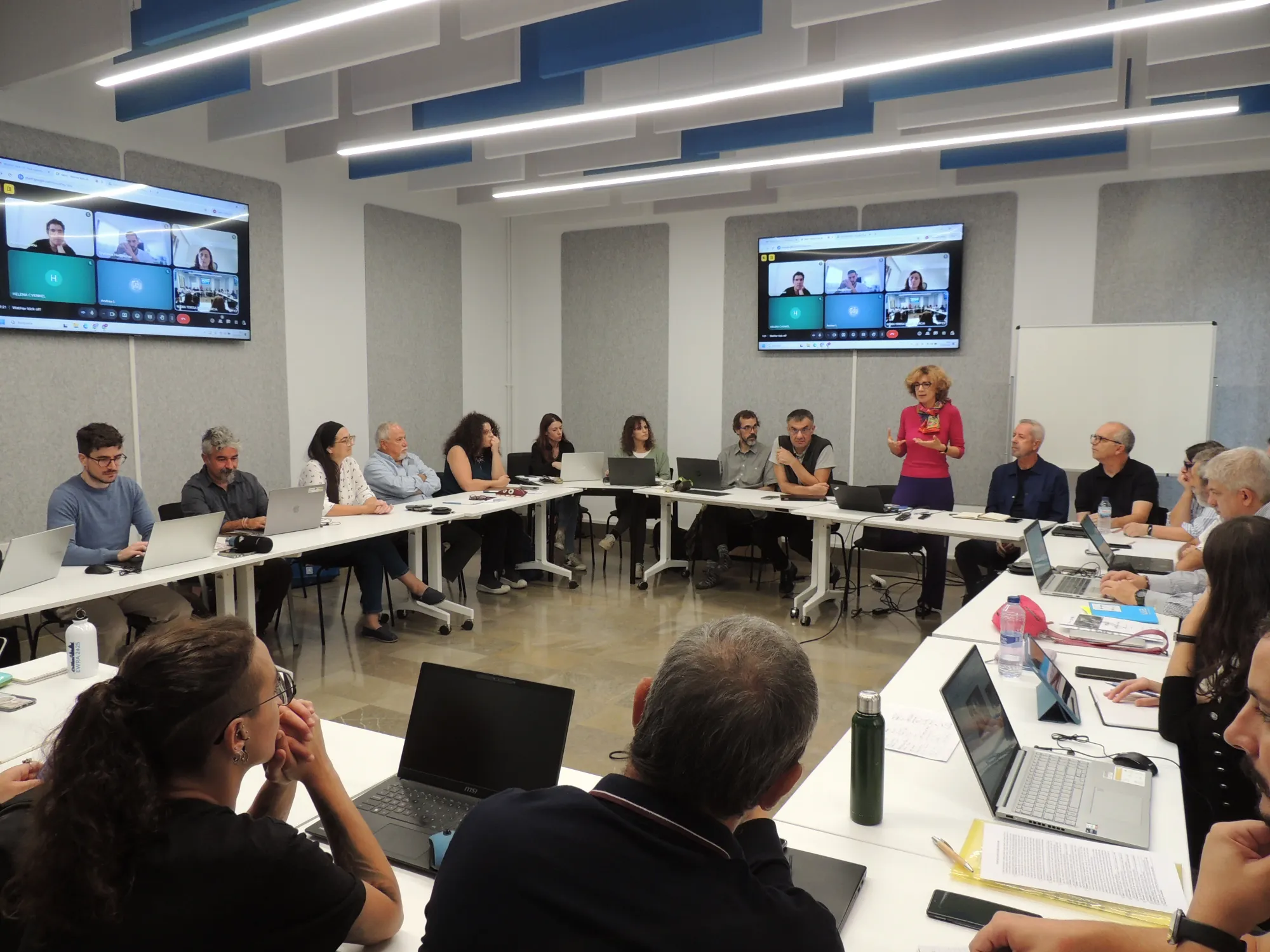Date
27/10/2025 - 28/10/2025
Time
9:00 - 17:00
Location
Granada
WatHer Interreg Euro-MED kick-off meeting

WatHer revives centuries-old Water Heritage Systems (WHS) as culture/nature-based solutions for climate change adaptation and drought mitigation in rural areas of Mediterranean European countries. This action-research project focuses on the recovery and conservation of irrigation canals, hydraulic structures, and ponds—long neglected but historically crucial for the sustainable preservation and management of water resources. In the selected pilot sites, WHS are mapped, restored, and monitored through a combination of field knowledge and modern tools such as GIS and environmental sensors. Action plans are co-designed with local communities, integrating ancestral know-how with current ecological standards.
An international partnership, stretching from Portugal to Cyprus, spans the Mediterranean region and extends to North Africa (Algeria) through the support of the project’s Associate Partners.
To ensure the adoption of the model, the project develops training guidelines, engages local stakeholders through seminars and consultations, and builds a joint strategy for the recovery and reuse of WHS. Through transnational cooperation—within the Global Network of Water Museums—these methods will be disseminated beyond national borders, transforming field-tested heritage into a shared Mediterranean resource.Main project outcomes include:
- Joint solutions: Tools and indicators to assess and monitor the hydrological, cultural, and environmental benefits of WHS.
- Strategies/Action Plans: Guidelines for training stakeholders in WHS restoration, community engagement, and long-term management.
- Cross-border cooperation: Transnational collaboration and integration within the Global Network of Water Museums.
DABC Activities
POLIMI will coordinate the project and participate in all Work Packages (Study, Test, Transfer). It will carry out pilot activities in the rural irrigated plain of the Ticino River Valley (Lombardy), in collaboration with its associated territorial partners: the Ticino Valley Regional Park and the Serio River Park.
In cooperation with DEIB and DICA, DABC will contribute to the development of a methodological model for collecting and networking local know-how on WHS management. DABC is responsible for data collection in its own case study area.
DABC will also contribute to defining joint strategic guidelines for the pilot restoration of WHS and to designing a pilot action plan for WHS restoration in the Ticino Valley. It will organize workshops and field activities to engage residents and farmers in the restoration of WHS hydraulic structures.
Finally, DABC will contribute to the final Action Plan and take part in international conferences to disseminate project results, acting as the lead partner for the Results Amplification Strategy.
Work team: Dr. Arch. Paola Branduini (manager/coordinator), Dr. Andrea L’Erario, M.Sc. Giorgia Righetto (DABC), in collaboration with DICA and DEIB.
Partners: University of Padova (IT), University of Granada (SP), University of Algarve, IN LOCO Association (PT), OTRA Island Development Agency Ltd (HR), Business support centre Ltd. Kranj (SI), Cyprus University of Technology, Laona foundation for the Conservation and Regeneration of the Cypriot Countryside (CY), Selenica Municipality (AL), Departemental agricultural establishment, Terres en villes (FR)